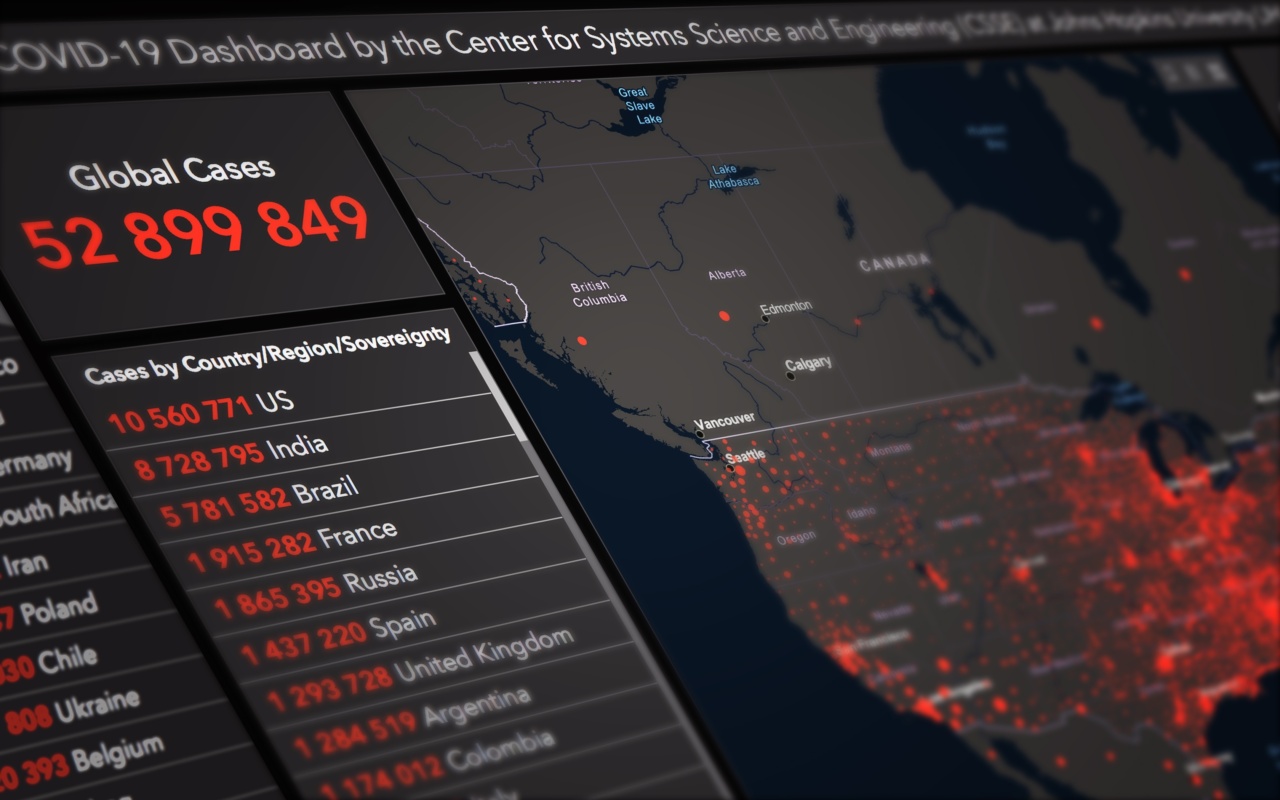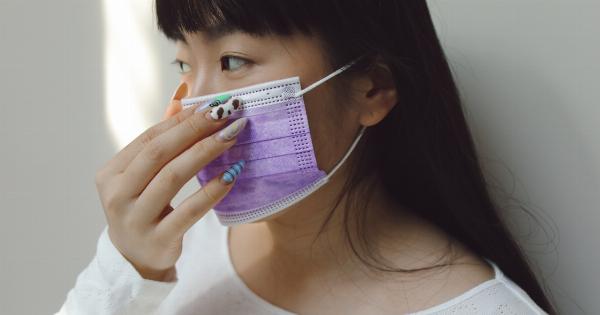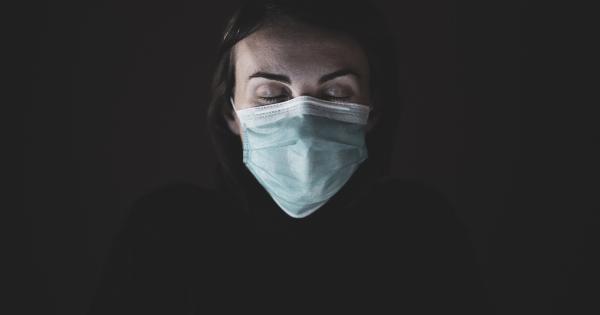Glaucoma is a serious eye condition where the optic nerve, responsible for transmitting visual information from the eye to the brain, is damaged. It results in progressive vision loss and can lead to permanent blindness if left untreated.
With an estimated 79.6 million people living with glaucoma globally, it is the second leading cause of blindness worldwide.
World Glaucoma Week
World Glaucoma Week is an annual global event that takes place every March to raise awareness about this condition and the importance of regular eye check-ups to detect glaucoma early.
The theme for World Glaucoma Week 2021 was “The World is Bright, Save Your Sight,” underscoring the need for early detection and timely treatment to prevent blindness from glaucoma.
Global Efforts to Prevent Glaucoma
Preventing glaucoma requires a multi-pronged approach involving government, eye care professionals, non-governmental organizations (NGOs), and community advocacy groups. Here are some global efforts to prevent glaucoma:.
Government Policies and Programs
Many countries have adopted policies and initiatives that aim to prevent blindness from glaucoma. These include:.
- Providing free or subsidized eye screenings to detect glaucoma early
- Allocating funding for treatment and management of glaucoma patients
- Creating awareness campaigns to educate the public about glaucoma and the need for regular eye check-ups
Training and Education for Eye Care Professionals
Eye care professionals, including ophthalmologists, optometrists, and nurses, play a critical role in preventing glaucoma.
Training and education initiatives aim to equip them with the knowledge and skills necessary to diagnose and manage glaucoma effectively. For instance, the International Council of Ophthalmology offers a Glaucoma Curriculum that covers the diagnosis, treatment, and management of glaucoma, as well as the latest research developments in the field.
NGO Programs for Glaucoma Prevention and Treatment
Various NGOs around the world are dedicated to preventing blindness from glaucoma. Some of their programs include:.
- Providing free or low-cost glaucoma screenings and eye care services to underserved communities
- Supporting glaucoma research initiatives to advance our knowledge of this condition
- Advocating for policies that prioritize eye health and glaucoma prevention
- Creating patient education programs that empower individuals living with glaucoma to manage their condition effectively
Community Advocacy Groups
Community advocacy groups play a critical role in raising awareness about glaucoma within their local areas. Here are some ways that community advocacy groups can contribute to glaucoma prevention:.
- Organizing community events to educate the public about glaucoma
- Partnering with local eye care professionals to provide free or low-cost glaucoma screenings
- Advocating for glaucoma screening to be included in standard medical check-ups
- Sharing their personal stories of glaucoma diagnosis and management to inspire others to prioritize their eye health
The Future of Glaucoma Prevention
Despite the progress made in glaucoma prevention and treatment, there is still much work to be done. Here are some ways that the future of glaucoma prevention may look:.
- Development of new technologies and therapies that can diagnose and treat glaucoma more effectively
- Increased awareness and education about the preventative measures that individuals can take to reduce their risk of developing glaucoma
- Greater collaboration between different stakeholders, including government, NGOs, and eye care professionals, to develop comprehensive prevention and treatment strategies for glaucoma
- More research funding to advance our understanding of this condition and improve its prevention and treatment
Conclusion
Glaucoma is a serious condition that affects millions of people worldwide.
The World Glaucoma Week is an important global event that highlights the need for regular eye checks and the importance of early detection and timely treatment to prevent blindness. The efforts of governments, eye care professionals, NGOs, and community advocacy groups are essential in preventing glaucoma and improving the quality of life for those living with this condition.





























